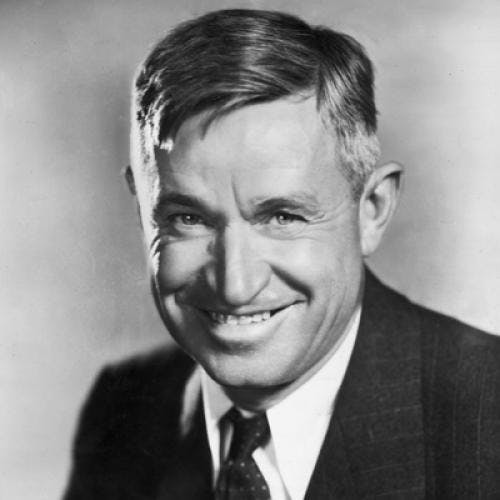
Political satire in
This "common man's attitude" when it affects politics has interesting results. In
Actually,
The successful satiric writers in other fields add other qualities to make themselves popular: sheer wit or an irresponsible fantasy or shrewd observation or wildly exaggerated forms of expression—you find the same qualities, in varying proportions, in Benchley, Stewart, Frank Sullivan, Marc Connelly. It is extraordinarily attractive, hut its limitations are shown when you arrive at a bit of pure satire such as Benchley's recent page in The New Yorker in which, following certain municipal decrees, he reduced the Ritz Tower to a tenement A straight satire sustained even to the limit of one magazine page is a rarity; except for its Washington correspondence, I recall nothing in the past six months in the New Republic; a less consistent reading, but fairly consecutive, brought me no satire in The Nation; Life, Judge, Vanity Fair, where satire ought to flourish, admit it in four line scraps; neither the Official Spokesman nor Michael Arlen has suggested the sharp edge to any writer. For these magazines, for these writers, the question of mass production is not so pressing; to explain the absence of satire you have to cast in other waters and discover what timidity or what indifference deprives us of the literary form in which pure intelligence will always